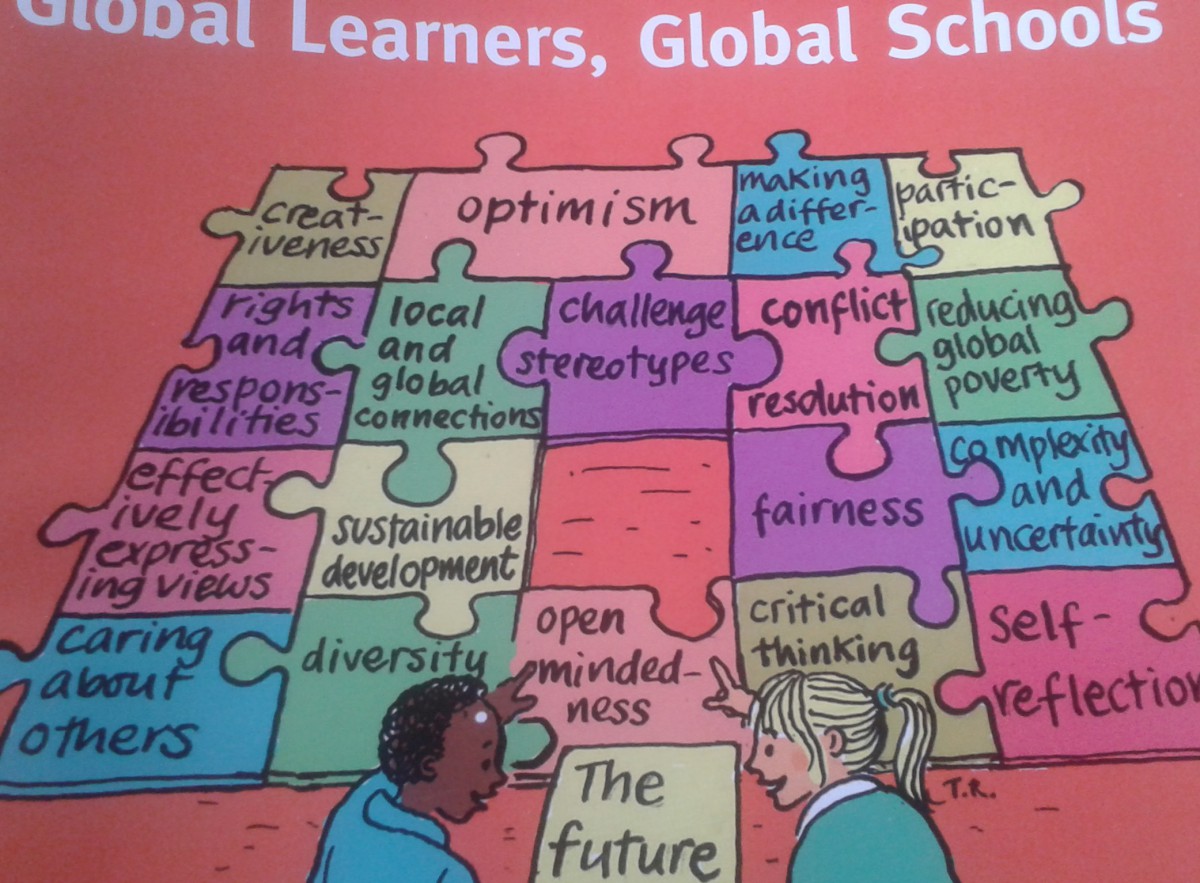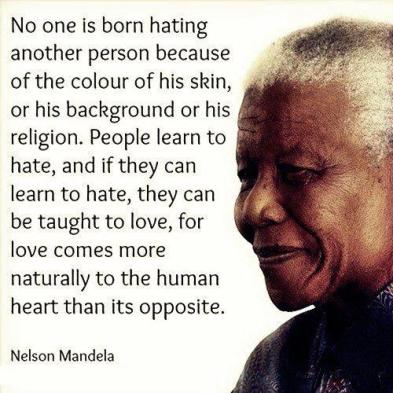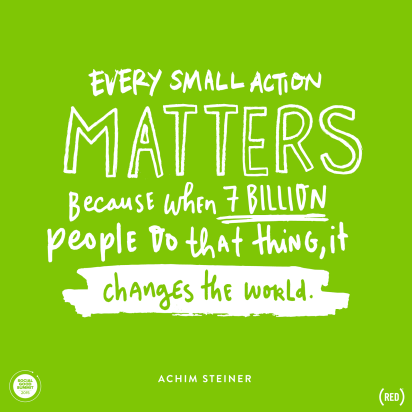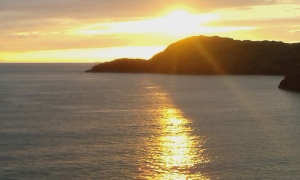
So Fairtrade Fortnight 2016 here in the UK has finished and at CDEC – Developing Global Learning we have been promoting Fairtrade in Cheshire schools. Through fun activities, assemblies and community events children, staff and parents have been finding out how their consumer habits impact on the producers of the products we buy. It’s been a busy but very fulfilling time because the great thing about teaching about Fairtrade is that children of all ages simply get it. They understand the key messages and look both amazed and mystified when they learn how powerful buying Fairtrade products can be and how unscrupulous many companies can be in exploiting the poorest and often hardest workers of all: the farmers, miners and producers.

When we explain to children and school communities that looking for the Fairtrade logo and choosing to purchase a Fairtrade product will have a greater impact on people’s lives than continuing with other shopping habits, they nod and agree. One counter-argument we hear occasionally – from adults – is that “it’s expensive”. This may be true in the case of some products, but the ones which children understand and can relate to most are not: coffee, tea, bananas…..and of course chocolate. It’s true that you can buy cheaper bananas for example, but this is because the retailers and suppliers have cut out the producers and farmers in order to shift more stock. So it becomes a moral stance.
We do not provide sob-stories like charity fundraisers on TV do. We provide facts in an unemotional way. The Fairtrade Premium and Co-operative systems adopted by Fairtrade producers guarantees fixed prices for produce, a steady income and stability, rather than being at the mercy of fluctuating markets, whimsical price changes from suppliers and retailers, and can even account for poor crop yields resulting from poor weather conditions.

By buying a Fairtrade product the consumer is guaranteeing that the farmer(s) at the start of the production process is/are getting a fair wage and return for their efforts, labour and costs. This makes a huge difference: better housing (ie a decent roof and floor); children released from work so that they can go to school; regular meals for the family. And the Premium and Co-operative arrangements allow groups of families and producers to pool a percentage of their regular income in order to invest in basic services such as clean water in their villages, schools and medical centres. That’s when people start to realise that Fairtrade is a life-changing and long term solution to poverty, rather than a quick, temporary fix that keeps someone alive. It becomes a matter of Human Rights: now producers have access to food, water, housing, education, health care: as the youngsters say: it’s a no-brainer.
We have used activities such as mapping where products come from, sorting and ordering photographs and captions from Bean to Bar, collage and art projects, stories and songs to provoke discussion and thought across the age ranges. We opened a free cafe with children’s activities in Grosvenor Park in Chester for a weekend and hosted a visit from a Fair Trade olive oil producer from Lebanon.
Besides chocolate and coffee, bananas and tea, there’s footballs: one town in Bangladesh produces almost all of the world’s footballs. A small percentage of these are Fairtrade footballs and these producers and workers have been enabled so much that they have some spare income to set up other business and enterprises. Their customers have leisure time and some money to spend. Small local economies are developing and growing.Teenagers are continuing their schooling and becoming empowered through education. And no, these footballs cost no more, in fact a little less than other ‘famous’ brands.

However real change will only come when you can choose to buy these products in your local stores or online. The footballs are difficult to source in reality and are not visible on the high street. Fairtrade rugby balls during the 2015 Rugby World Cup were impossible to source. But other brands and products are much more mainstream, such as Cadbury’s (why is it only certain chocolate products, eg Dairy Milk, Buttons?), Kit Kat, Ben & Jerry’s ice cream, Divine chocolate, Co-Op products, etc. You can even buy Fair Trade cosmetics and beauty products, sugar, gold, wine and cotton. Only by consumer demand will the poor truly be released from the shackles of unethical purchasing and supply chains. So look out for the logo, try the products and if you like them: keep buying. We are the wealthy: we can choose what we buy. By choosing Fairtrade we are enabling the producers to have more choice in their lives too.

Finally, imagine if every National Trust cafe, shop and food outlet across England and Wales only sold Fairtrade coffee, tea, bananas, chocolate, ice cream, sugar……………I need to look into that: watch this space.

















